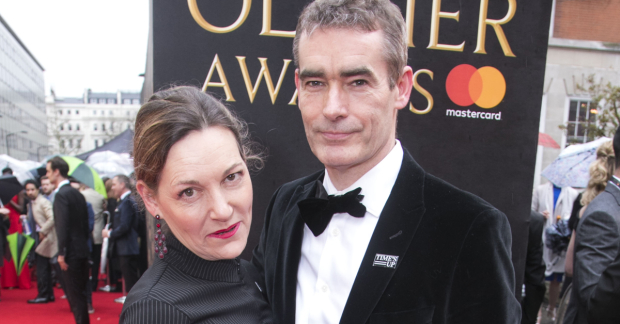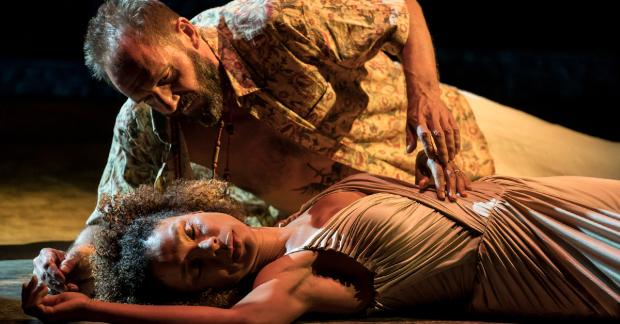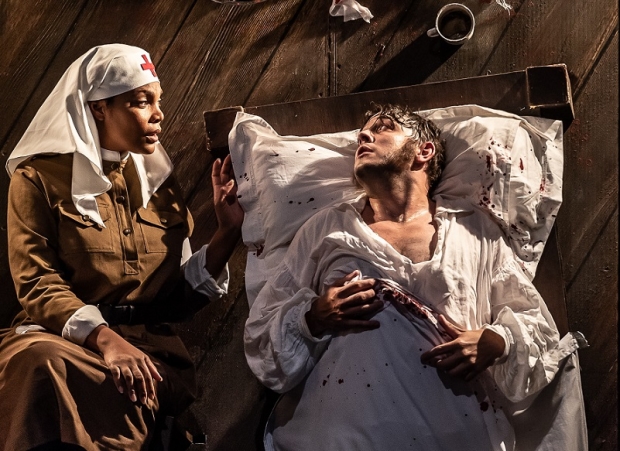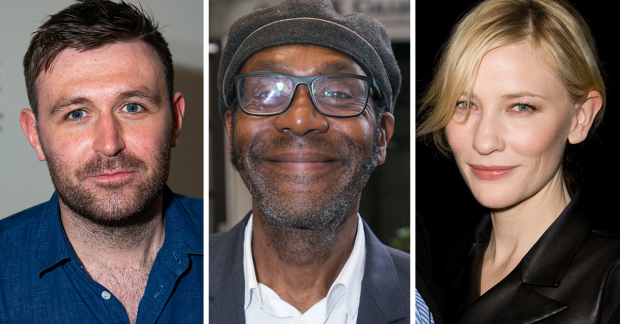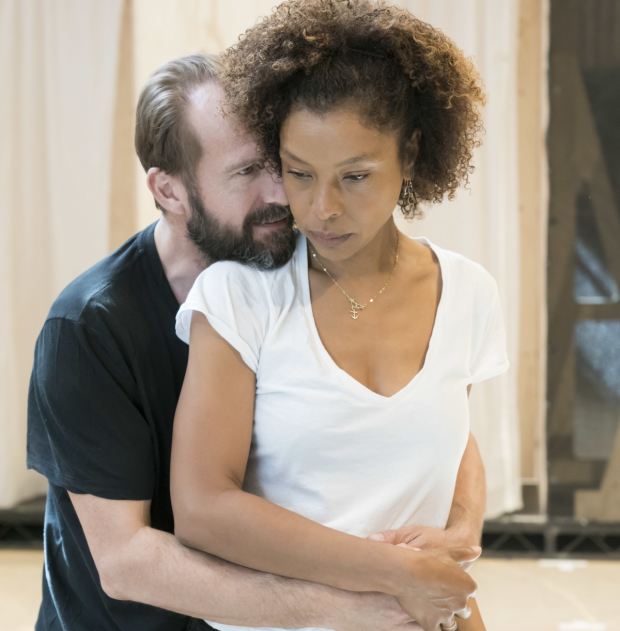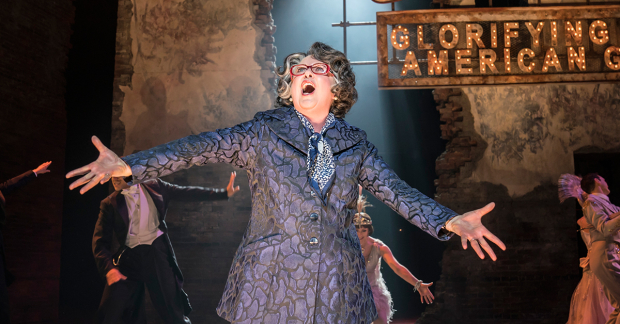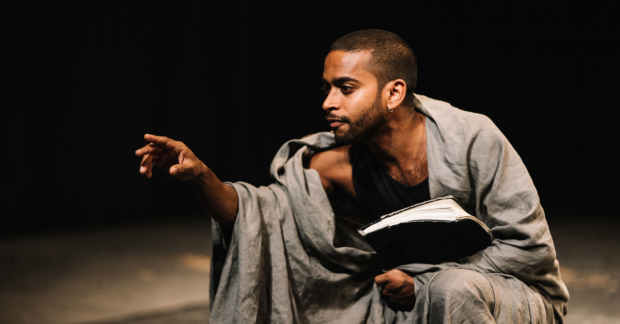Review: I'm Not Running (National Theatre)
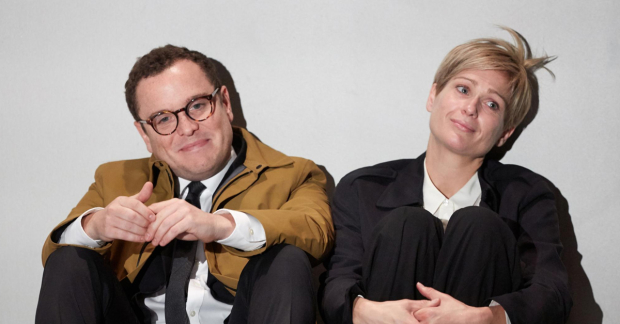
© Mark Douet
These are tricky times for political theatre. With each day sending an extraordinary new drama shooting up the news agenda, the politically-minded playwright faces a dilemma: attempt to grapple with real-life matters more colourful than anything he or she could have invented, or portray a parallel universe in which none of these lurid shenanigans is actually happening?
With this new play, veteran political writer David Hare chooses the latter approach. The year is 2018, but not as we know it: Jeremy Corbyn doesn't exist; Trump, if he does, is suspiciously quiet; and the Brexit negotiations are limping on in another distant galaxy.
On this planet, then, the Labour party is still led by a Blair-esque centrist, a young smoothie named Jack Gould (Alex Hassell), whose left-wing father was an old-school party hero. But the question on everybody's lips is this: will Pauline Gibson (Siân Brooke) – an independent MP, former doctor and popular campaigner against hospital closures – run against Gould to attempt to become the party's first female leader?
It's an intriguing proposition and one that Hare addresses with his customary blend of the personal and the political. In a sequence of scenes set between London, Newcastle, Corby and Hastings, and slipping between 1996 and the present day, he explores the relationship between Gibson and Gould, and the pressures exerted by her potential decision to bid for power.
Their struggle finds its parallel in a rather murky sexual dynamic that resonates with the #MeToo movement, though in this version of today's Britain, this doesn't appear to exist. Also on Hare's agenda, variously, are feminism; female genital mutilation; threats to the NHS; the gulf between loyal Labour apparatchiks and new-guard populists; and the party's continued inability to place a woman at the helm.
If this all sounds rather dry, it is. There are some funny moments – "I walked into a fucking Wetherspoons in Gateshead in 1997," says Gould, "and apparently I'm to be punished for the rest of my life" – and Hare has some interesting things to say about Labour's vexed relationship with women, and with its own unelectability ("the Labour Party," Gould adds, "has never been interested in votes"). But the play feels like a mixed bag of thrown-together political ideas, rather than a human story from which these ideas have naturally sprung.
The trouble is that the woman at the centre of it all – Gibson – never rings true. Brooke does her best, but the character lurches from strident shoutiness to vulnerability, with very little in between. Hassell is good as Gould, moving from lovelorn student to unctuous politico, and Joshua McGuire is hilarious as Gibson's plucky spin doctor, Sandy. But none of Hare's characters ever fully assumes three dimensions, and this fictional political universe just can't, in the end, rival the more compelling drama playing out on the real-world stage.



